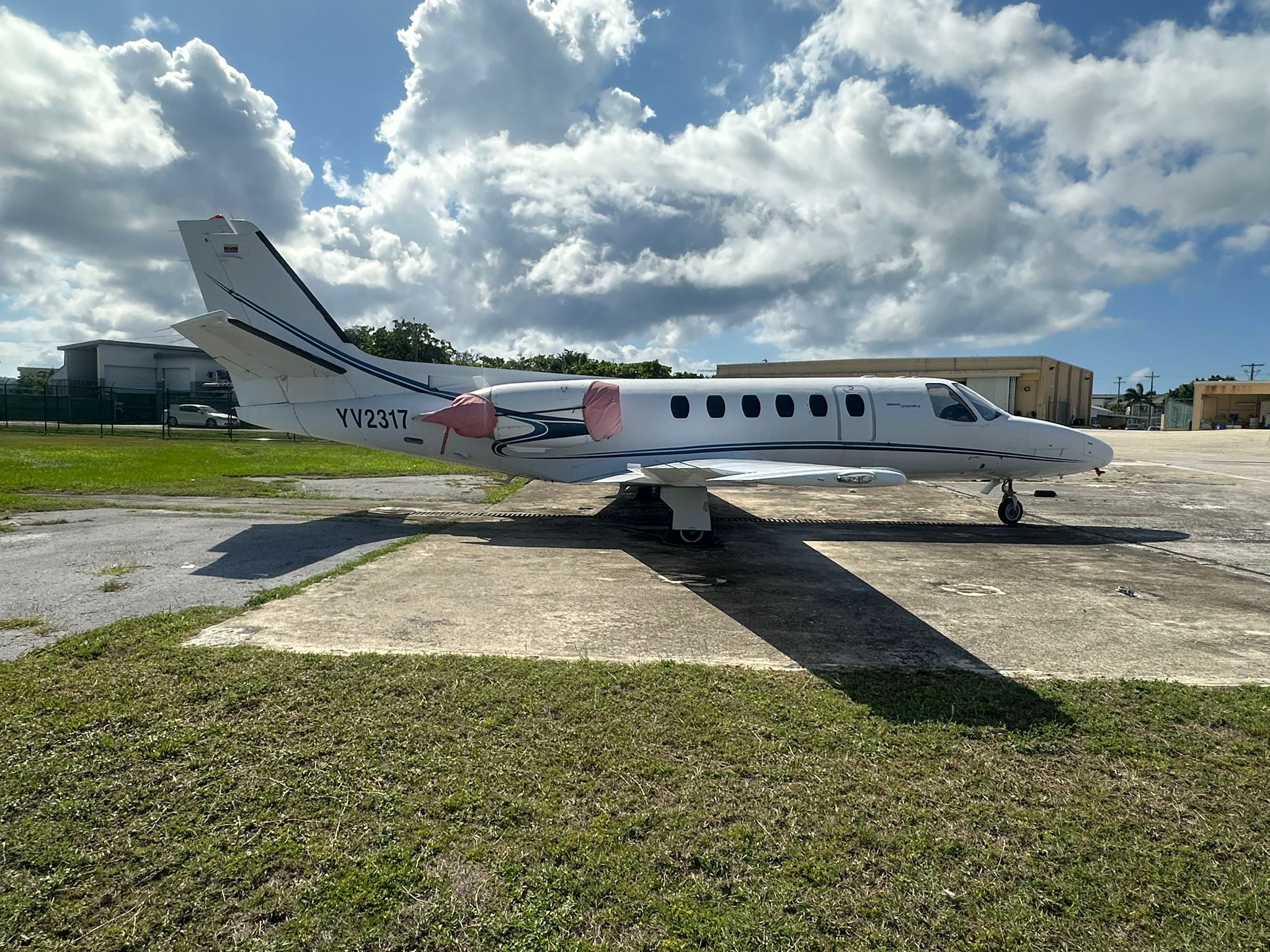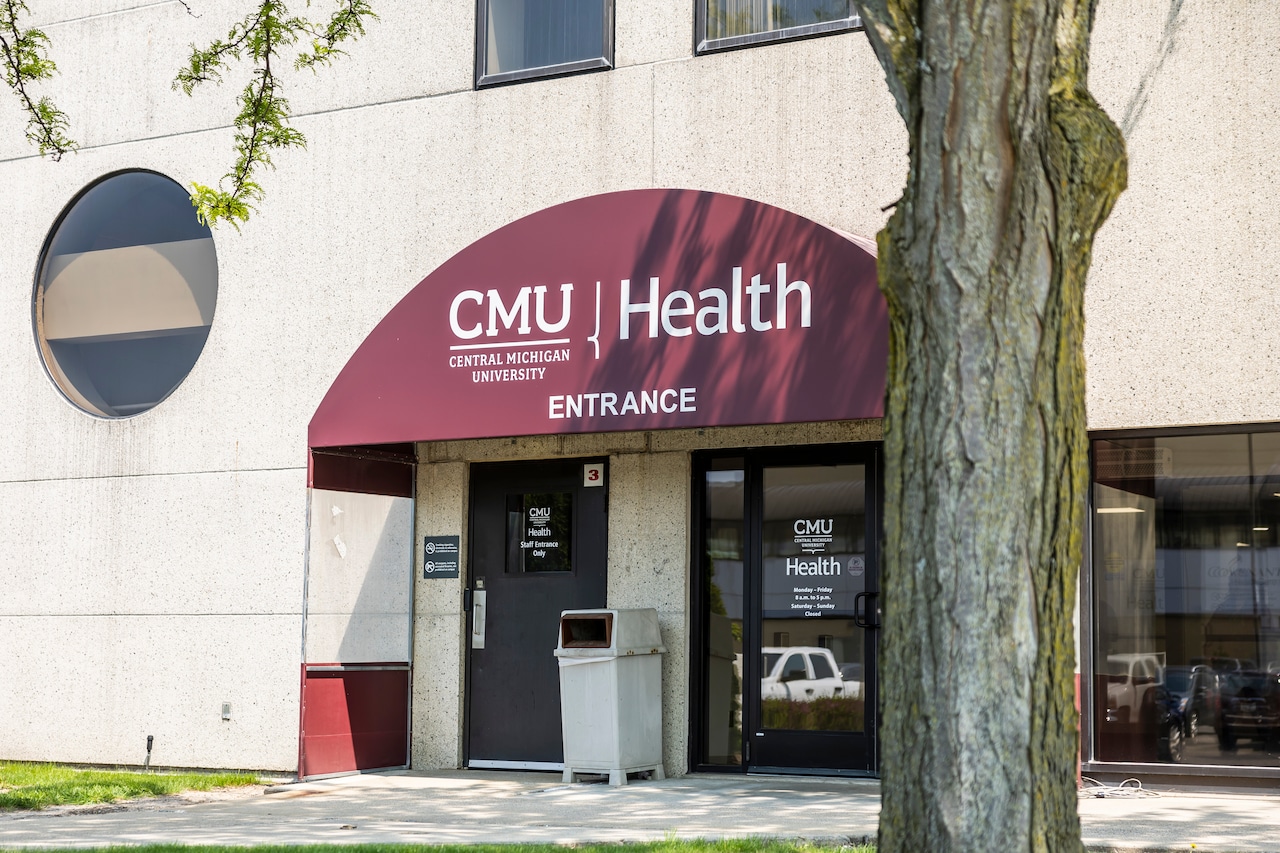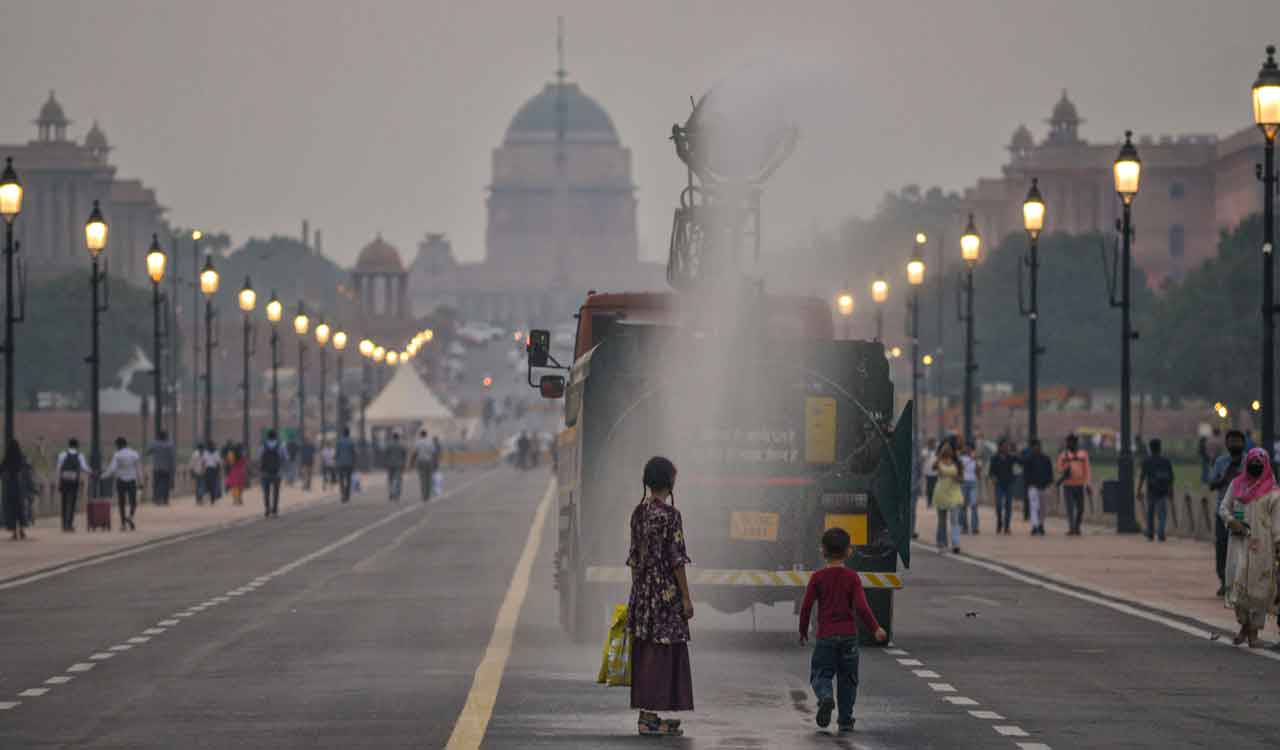Copyright caymancompass

A Venezuelan man suspected by US authorities of being involved in a drug cartel must remain in prison in the Cayman Islands while awaiting the outcome of his extradition appeal, a judge has ruled. Juan Carlos Gonzalez Infante, a pilot, has been held at Northward Prison for six-and-a-half years, after being arrested in Cayman in 2019 on money laundering and smuggling charges, of which he was acquitted, when gold and cash were found on board the private jet he was flying. Even though he and two other defendants were found not guilty of those charges, Gonzalez Infante continues to be held in Cayman where he is fighting an extradition order to the United States. US authorities want to try him in relation to allegations of his involvement in a plot to smuggle 100 kilos of cocaine into south Florida in 2006. Gonzalez Infante claims he knows nothing about these accusations and that this is a matter of mistaken identity. He appealed against the extradition order more than a year ago, and a decision on that hearing is still pending, his lawyer Jonathon Hughes told Grand Court Justice Emma Peters on Friday, 24 Oct. The length of time he has waited, on remand, for that decision was part of the grounds of Hughes’ argument for why his client should be bailed. Rimesh Jani, from the Office of the Director of Public Prosecutions, represented the US government in the hearing, while Solicitor General Reshma Sharma represented the governor of the Cayman Islands. US war on Venezuelan drug traffickers Hughes argued that Gonzales Infante, who could be given a life sentence if found guilty in a US court, would face even more challenges after President Donald Trump’s administration had “in effect, declared war on Venezuela” and carried out “extrajudicial assassinations of suspected drug traffickers, of which Mr. Gonzalez Infante is suspected of being one”. In recent weeks, the Trump administration has bombed a number of suspected Venezuelan drug boats. The court had heard that Gonzalez Infante suffers from both Alzheimer’s disease and vascular dementia, conditions that his lawyer said have worsened since his extradition hearing last year. Hughes told the court that if the US is granted permission to extradite Gonzalez Infante, the next step will be to appeal against that decision to the highest appeal court, the Privy Council in London. Outlining the chronology of Gonzalez Infante’s incarceration in Cayman, Hughes noted that he had spent 2,345 days under lock and key, despite having been acquitted of all criminal charges, suggesting this was a breach of his human rights. After some discussion between counsel and the judge, it was agreed that the scope of the hearing should remain solely within the parameters of the Bail Act, and not the Bill of Rights. Extradition decision ‘imminent’ Hughes noted there had been repeated delays, for various reasons, on the delivery of the extradition appeal decision. Jani told the court that that decision was “imminent”, and was expected within the next 10 days. Hughes argued, “The reality is that Mr. Infante is an old man, an unwell man, with no passport, who doesn’t know anybody in the Cayman Islands, he has no connections here,” adding that the medical evidence on his client’s health presented at the extradition hearing last year was now outdated, as his conditions had worsened over the past year. He also argued against submissions that Gonzalez Infante was a literal flight risk, as he was a pilot, saying the only runway on Grand Cayman was at Owen Roberts International Airport and gaining access to it would not be easy. But Jani told the judge that Gonzalez Infante’s ability to fly a plane was not the only concern, saying departing Grand Cayman by boat, without the use of a passport, was an option that could be used by anyone with “the will to leave”. He said Gonzalez Infante had major incentives to skip bail, and as a result, it was felt Gonzalez Infante was likely to abscond and not surrender to custody if he were granted bail. Peters agreed with Jani’s submissions. In her ruling, she said the offence that was subject to the extradition order was an alleged “cross-border, cross-jurisdiction major drug operation, run by an organised crime group, a drug cartel. The seriousness of that allegation is that, if convicted, the applicant could face a life sentence. “And Mr. Hughes, in fact, goes further and suggests that the current US administration has threatened even more serious penalties. Suffice to say, for these purposes, that the matter is serious.” She said the suspected links to organised crime, the fact that Gonzalez Infante was a pilot, and that a ruling on his extradition hearing was imminent, led her to refuse bail. “I conclude that the proceedings in the USA are such that he has too much motivation to flee, too little reason to stay, and in these circumstances, I am satisfied that the risk of him fleeing, absconding and failing to cooperate with the authorities is too great, and that being so, I refused his application for bail.”



